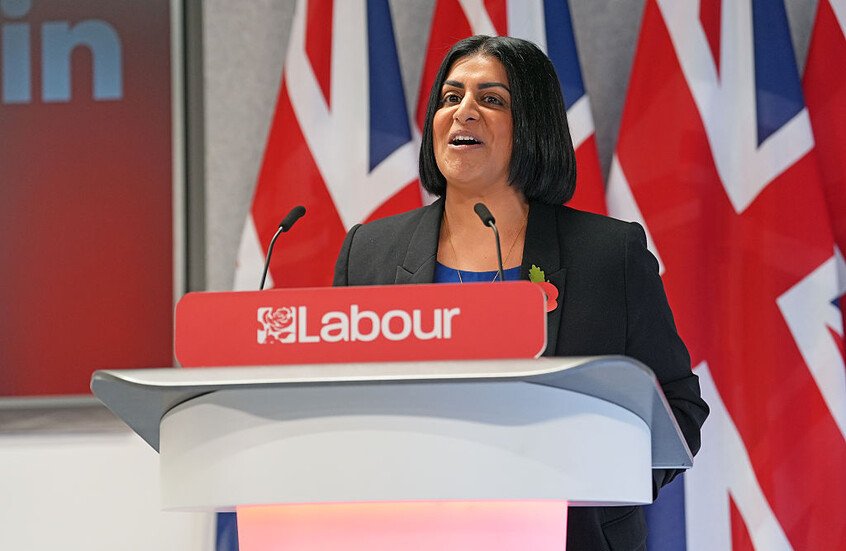The British government on Monday, November 17, signaled plans to impose strict visa restrictions on three African countries, accusing them of failing to sufficiently cooperate in accepting their nationals who are living illegally in the UK. The warning comes ahead of an official announcement of a comprehensive immigration reform package that the Labour government intends to unveil later today.
In a statement, the UK Home Office identified the countries as Angola, Namibia, and the Democratic Republic of Congo, saying that their refusal or delay in accepting deportees is “unacceptable.” Home Secretary Alex Norris told Sky News that these countries have only one month to improve their cooperation before the restrictions come into effect.
The ministry noted that “thousands of irregular migrants” from these countries currently reside in the UK, explaining that the restrictions would initially apply to tourist visas and VIP permits, with the potential to expand to other countries experiencing “high asylum demand” from people who entered the UK legally.
Home Secretary Shabana Mahmood said in the statement: “My message to foreign governments is clear: accept the return of your nationals, or you will lose the privilege of entry to our country.”
The government is expected to present a package of reforms to Parliament aimed at reducing illegal migration, particularly crossings by small boats from northern France, which have contributed to the rise of the far-right British Reform Party.
Official figures show that asylum applications increased by 18% in 2024, despite an overall 13% drop across the European Union during the same period. The UK has received more than 400,000 asylum applications since 2021, compared to just 150,000 between 2011 and 2015.
The announced measures include:
- Reducing refugee protections and requiring them to return to their home countries once deemed “safe.”
- Eliminating the automatic entitlement of asylum seekers to social benefits.
- Accelerating deportation procedures through new legislation limiting the ability to appeal based on the European Convention on Human Rights.

